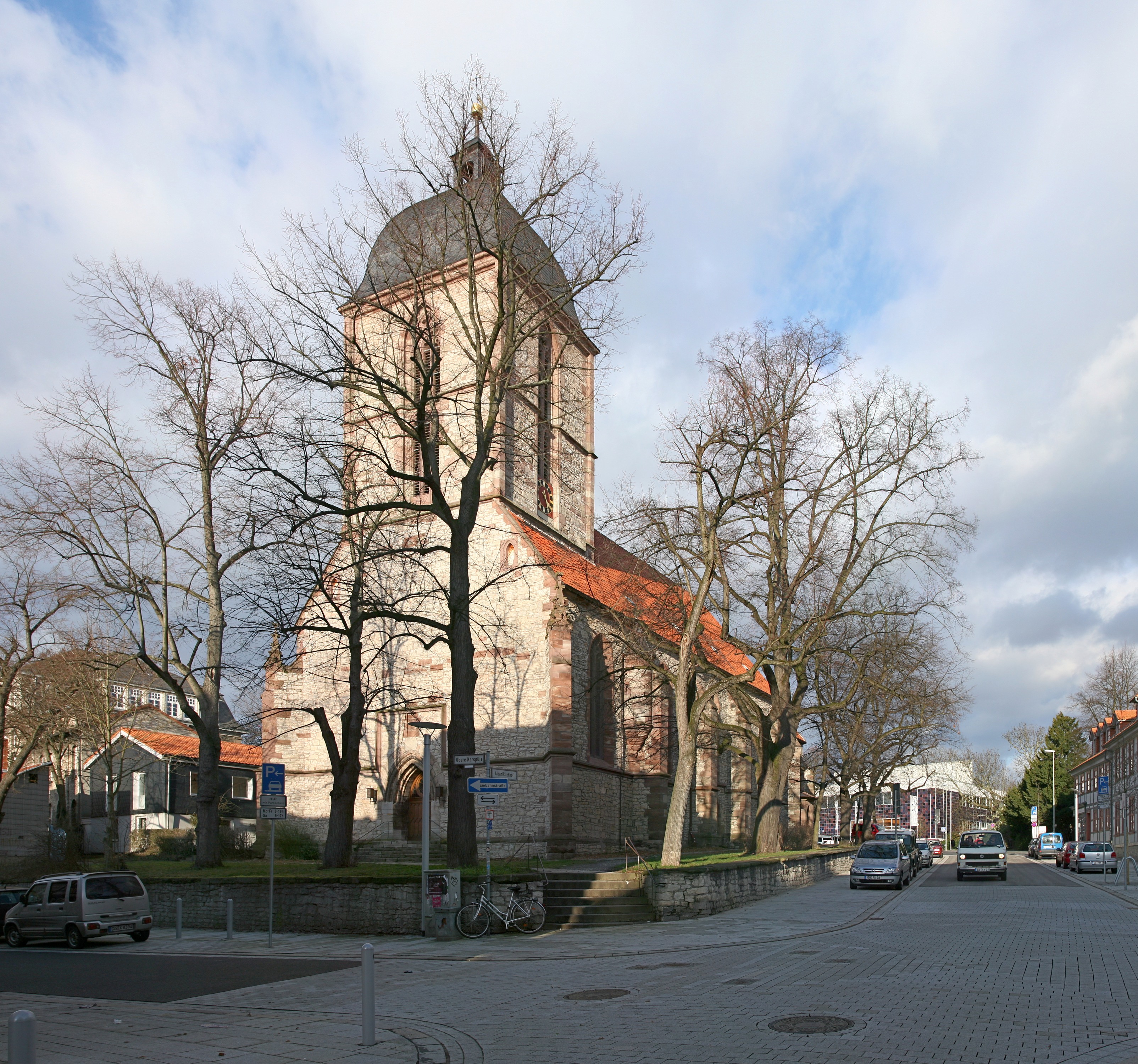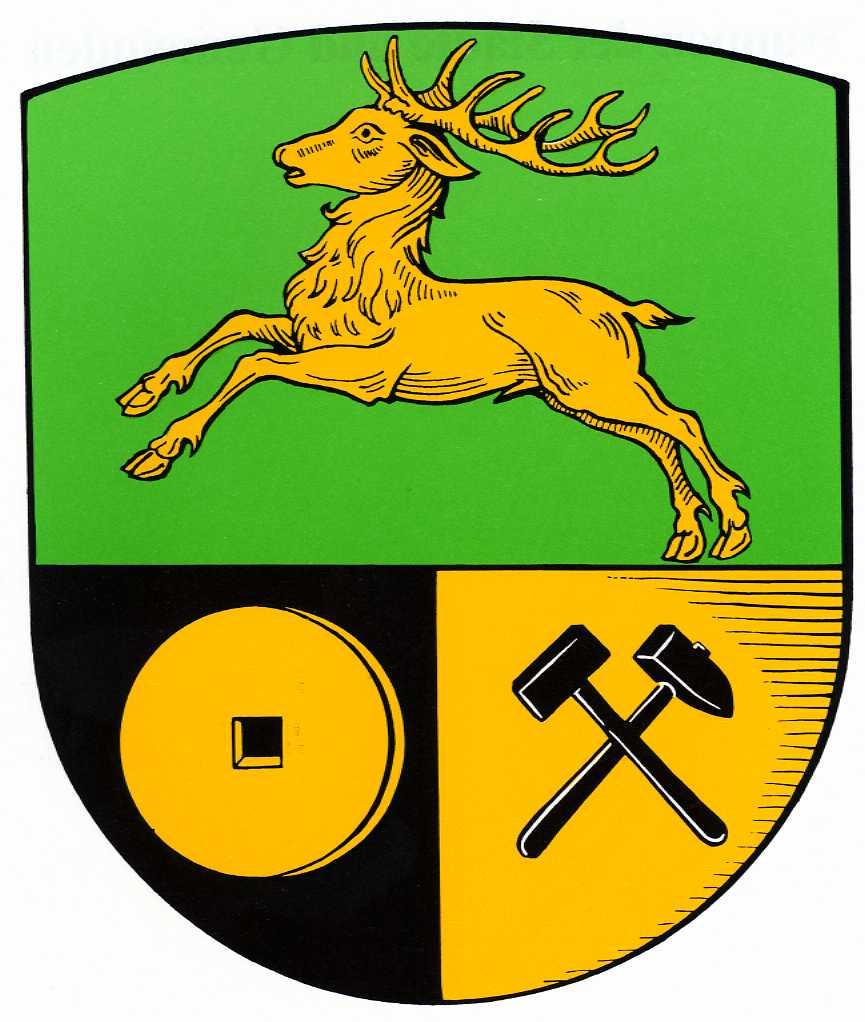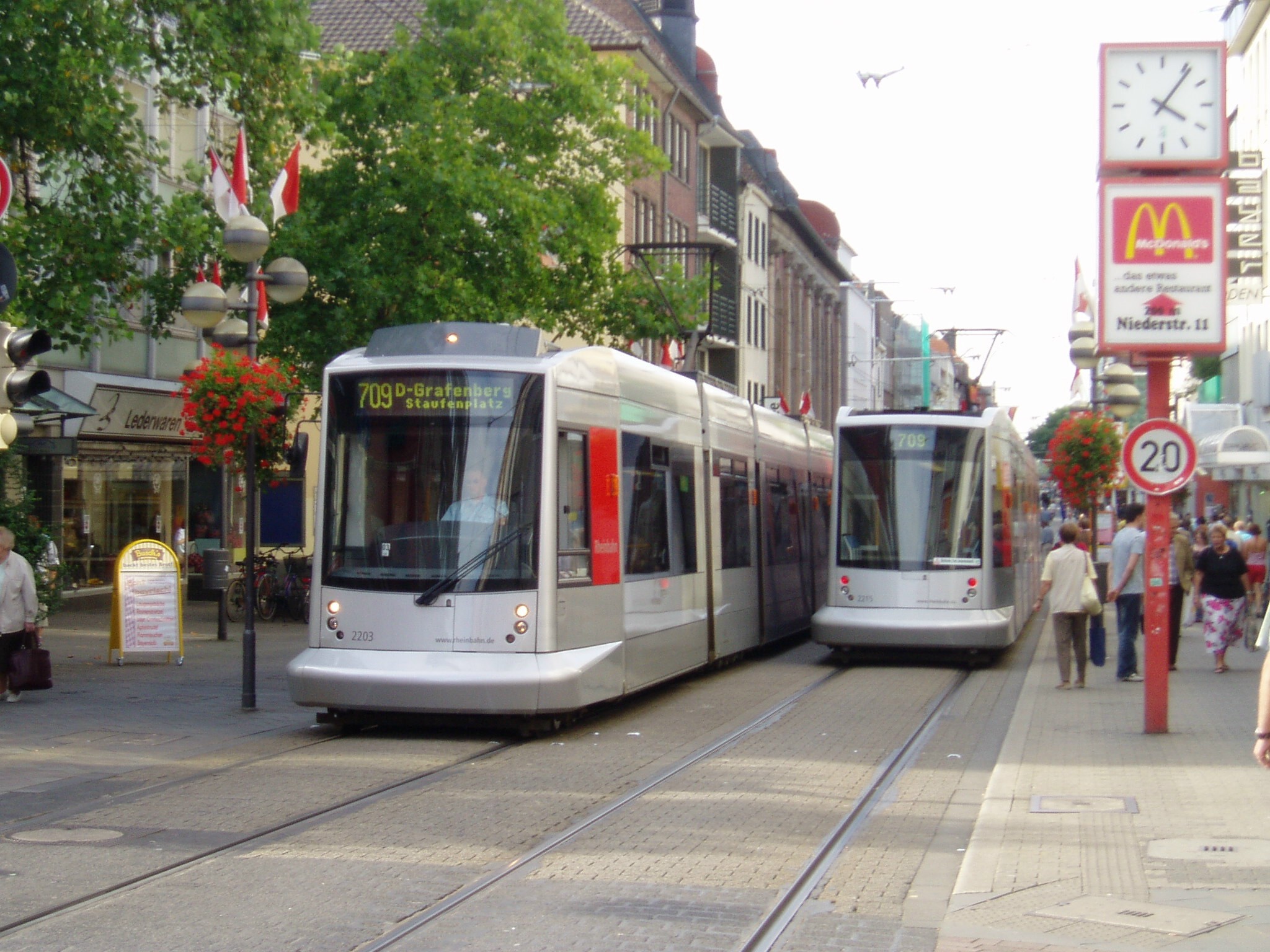|
Landkreis
In 13 German states, the primary administrative subdivision higher than a '' Gemeinde'' (municipality) is the () or (). Most major cities in Germany are not part of any ''Kreis'', but instead combine the functions of a municipality and a ''Kreis''; such a city is referred to as a () or (). ''(Land-)Kreise'' stand at an intermediate level of administration between each state () and the municipalities () within it. These correspond to level-3 administrative units in the Nomenclature of Territorial Units for Statistics (NUTS 3). Previously, the similar title Imperial Circle () referred to groups of states in the Holy Roman Empire. The related term was used for similar administrative divisions in some German territories until the 19th century. Types of districts The majority of German districts are "rural districts" (German: , ), of which there are 294 . Cities with more than 100,000 inhabitants (and smaller towns in some states) do not usually belong to a district, bu ... [...More Info...] [...Related Items...] OR: [Wikipedia] [Google] [Baidu] |
Hamburg
Hamburg (, ; ), officially the Free and Hanseatic City of Hamburg,. is the List of cities in Germany by population, second-largest city in Germany after Berlin and List of cities in the European Union by population within city limits, 7th-largest in the European Union with a population of over 1.9 million. The Hamburg Metropolitan Region has a population of over 5.1 million and is the List of EU metropolitan areas by GDP, eighth-largest metropolitan region by GDP in the European Union. At the southern tip of the Jutland Peninsula, Hamburg stands on the branching River Elbe at the head of a estuary to the North Sea, on the mouth of the Alster and Bille (Elbe), Bille. Hamburg is one of Germany's three city-states alongside Berlin and Bremen (state), Bremen, and is surrounded by Schleswig-Holstein to the north and Lower Saxony to the south. The Port of Hamburg is Germany's largest and Europe's List of busiest ports in Europe, third-largest, after Port of Rotterdam, Rotterda ... [...More Info...] [...Related Items...] OR: [Wikipedia] [Google] [Baidu] |
Aachen (district)
The district of Aachen () is a district in the west of North Rhine-Westphalia, Germany. Neighboring districts are Heinsberg, Düren, Euskirchen, and also the Netherlands province of Limburg and the Belgian province of Liège. Its administrative body is the ''Städteregionsparlament'' ("regional parliament"), headed by the ''Städteregionspräsident'' or "region president" (Tim Grüttemeier ( CDU) since 2019). As of 21 October 2009, the ''Städteregion Aachen'' (literally: "cities region" Aachen) was formed from the former district Aachen (''Kreis Aachen'') and the city of Aachen. This is the first ''Städteregion'' that was formed in North Rhine-Westphalia. Its status is similar to that of the district Hanover (''Region Hannover'') in Lower Saxony, in that the powers of the city of Aachen are slightly less than those of a district-free city (''Kreisfreie Stadt''). History The ''Landkreis Aachen'' was formed in 1816 from the two French cantons Burtscheid and Eschweiler, w ... [...More Info...] [...Related Items...] OR: [Wikipedia] [Google] [Baidu] |
North Rhine-Westphalia
North Rhine-Westphalia or North-Rhine/Westphalia, commonly shortened to NRW, is a States of Germany, state () in Old states of Germany, Western Germany. With more than 18 million inhabitants, it is the List of German states by population, most populous state in Germany. Apart from the city-states (Berlin, Hamburg and Bremen), it is also the List of German states by population density, most densely populated state in Germany. Covering an area of , it is the List of German states by area, fourth-largest German state by size. North Rhine-Westphalia features 30 of the 81 German municipalities with over 100,000 inhabitants, including Cologne (over 1 million), the state capital Düsseldorf (630,000), Dortmund and Essen (about 590,000 inhabitants each) and other cities predominantly located in the Rhine-Ruhr metropolitan area, the largest urban area in Germany and the fourth-largest on the European continent. The location of the Rhine-Ruhr at the heart of the European Blue Banana make ... [...More Info...] [...Related Items...] OR: [Wikipedia] [Google] [Baidu] |
German Language
German (, ) is a West Germanic language in the Indo-European language family, mainly spoken in Western Europe, Western and Central Europe. It is the majority and Official language, official (or co-official) language in Germany, Austria, Switzerland, and Liechtenstein. It is also an official language of Luxembourg, German-speaking Community of Belgium, Belgium and the Italian autonomous province of South Tyrol, as well as a recognized national language in Namibia. There are also notable German-speaking communities in other parts of Europe, including: Poland (Upper Silesia), the Czech Republic (North Bohemia), Denmark (South Jutland County, North Schleswig), Slovakia (Krahule), Germans of Romania, Romania, Hungary (Sopron), and France (European Collectivity of Alsace, Alsace). Overseas, sizeable communities of German-speakers are found in the Americas. German is one of the global language system, major languages of the world, with nearly 80 million native speakers and over 130 mi ... [...More Info...] [...Related Items...] OR: [Wikipedia] [Google] [Baidu] |
Public Transport
Public transport (also known as public transit, mass transit, or simply transit) are forms of transport available to the general public. It typically uses a fixed schedule, route and charges a fixed fare. There is no rigid definition of which kinds of transport are included, and air travel is often not thought of when discussing public transport—dictionaries use wording like "buses, trains, etc." Examples of public transport include Public transport bus service, city buses, trolleybuses, trams (or light rail) and Passenger rail transport, passenger trains, rapid transit (metro/subway/underground, etc.) and ferry, ferries. Public transport between cities is dominated by airlines, intercity bus service, coaches, and intercity rail. High-speed rail networks are being developed in many parts of the world. Most public transport systems run along fixed routes with set embarkation/disembarkation points to a prearranged timetable, with the most frequent services running to a headwa ... [...More Info...] [...Related Items...] OR: [Wikipedia] [Google] [Baidu] |
Göttingen
Göttingen (, ; ; ) is a college town, university city in Lower Saxony, central Germany, the Capital (political), capital of Göttingen (district), the eponymous district. The River Leine runs through it. According to the 2022 German census, the population of Göttingen was 124,548. Overview The origins of Göttingen lay in a village called ''Gutingi, ''first mentioned in a document in 953 AD. The city was founded northwest of this village, between 1150 and 1200 AD, and adopted its name. In Middle Ages, medieval times the city was a member of the Hanseatic League and hence a wealthy town. Today, Göttingen is famous for its old university (''Georgia Augusta'', or University of Göttingen, "Georg-August-Universität"), which was founded in 1734 (first classes in 1737) and became the most visited university of Europe. In 1837, seven professors protested against the absolute sovereignty of the House of Hanover, kings of Kingdom of Hanover, Hanover; they lost their positions, but ... [...More Info...] [...Related Items...] OR: [Wikipedia] [Google] [Baidu] |
Hanover Region
Hanover Region () is a districts of Germany, district in Lower Saxony, Germany. It is bounded by (from the north and clockwise) the districts of Heidekreis, Celle (district), Celle, Gifhorn (district), Gifhorn, Peine (district), Peine, Hildesheim (district), Hildesheim, Hameln-Pyrmont, Schaumburg and Nienburg (district), Nienburg. The Hanover Region district has a unique legal status among the districts of Lower Saxony. It includes the city of Hanover (the state capital) which has the same privileges as a , a city that is not part of a district. As a consequence, the district is much larger in population than any other district of the state. Its administrative body is the regional parliament (), headed by the regional president (), which since 2021 is Steffen Krach (Social Democratic Party of Germany, SPD). The members of the regional parliament are elected once every five years and the regional president is elected also every five years in local elections. History The city of ... [...More Info...] [...Related Items...] OR: [Wikipedia] [Google] [Baidu] |
Saarbrücken (district)
The Regionalverband Saarbrücken is a ''Kommunalverband besonderer Art'', an integration of a district (''Kreis'') and a district-free town. It is located in the south of the Saarland, Germany. Neighboring districts are Saarlouis, Neunkirchen, Saar-Pfalz, and Forbach-Boulay-Moselle and Sarreguemines in the French ''département'' Moselle. History The district Saarbrücken was originally created in 1816. In 1974, the district and the district-free city Saarbrücken were merged, and the new administrative body was named ''Stadtverband Saarbrücken''. Although it's not a district like others, most of its administrative tasks are the same as those of a district. On November 21, 2007, the governing majority of the CDU in the parliament of Saarland passed a law which transformed the ''Stadtverband Saarbrücken'' into the ''Regionalverband Saarbrücken'' on January 1, 2008. The most striking change by this transformation was the introduction of the ''Kooperationsrat'', a council o ... [...More Info...] [...Related Items...] OR: [Wikipedia] [Google] [Baidu] |
Moers
Moers (; older form: ''Mörs''; Dutch language, Dutch: ''Murse'', ''Murs'' or ''Meurs'') is a German List of cities and towns in Germany, city on the western bank of the Rhine, close to Duisburg. Moers belongs to the district of Wesel (district), Wesel. History Known earliest from 1186, the county of Moers was an independent principality within the Holy Roman Empire. During the Eighty Years' War it was alternately captured by Spanish and Dutch troops, as it bordered the Upper Quarter of Guelders. During the war it Siege of Meurs (1597), finally fell to Maurice of Orange. As it was separated from the Dutch Republic by Spanish Netherlands, Spanish Upper Guelders it did not become an integral part of the Republic, though Dutch troops were stationed there. After the death of William III of England, William III of Orange in 1702, Moers was inherited by the king of Prussia. All Dutch troops and civil servants were expelled. In 1795 it was annexed by France. At the Congress of V ... [...More Info...] [...Related Items...] OR: [Wikipedia] [Google] [Baidu] |
Neuss
Neuss (; written ''Neuß'' until 1968; ; ) is a city in North Rhine-Westphalia, Germany. It is on the west bank of the Rhine opposite Düsseldorf. Neuss is the largest city within the Rhein-Kreis Neuss district. It is primarily known for its historic Roman sites, as well as the annual Neuss Schützenfest, Neusser Bürger-Schützenfest. Neuss and Trier share the title of "Germany's oldest city", and in 1984 Neuss celebrated the 2000th anniversary of its founding in 16 BCE. History Roman period Neuss was founded by the Ancient Rome, Romans in 16 BC as a military fortification (''castrum'') with the current city to the north of the castrum, at the confluence of the rivers Rhine and Erft, with the name of Novaesium. Legio XVI Gallica ("Gallic 16th Legion") of the Roman army was stationed here in 43–70 AD. It was disbanded after surrendering during the Batavian rebellion (AD 70). Later a civil settlement was founded in the area of today's centre of the town during the 1 ... [...More Info...] [...Related Items...] OR: [Wikipedia] [Google] [Baidu] |
Bergisch Gladbach
Bergisch Gladbach () is a List of cities and towns in Germany, city in the Cologne/Bonn Region of North Rhine-Westphalia, Germany, and capital of the Rheinisch-Bergischer Kreis (district). Geography Bergisch Gladbach is east of the Rhine and about 10 km east of Cologne. City structure The urban area of Bergisch Gladbach is not divided into city districts (''Stadtbezirke'') with their own district representation. For statistical purposes, there are six statistical districts (''statistische Bezirke''), which are numbered consecutively and are divided into several districts ('':de: Stadtteile'') with their own names. These are mainly name of former smaller settlements from which today's urban area developed, or new development areas whose names have been memorized over time for better orientation. Bensberg was an independent town until 1975. Before 1975, Schildgen belonged to the municipality of Odenthal. *Statistical District 1: Schildgen (11), Katterbach (12), Nussbaum (13), Paff ... [...More Info...] [...Related Items...] OR: [Wikipedia] [Google] [Baidu] |
Paderborn
Paderborn (; Westphalian language, Westphalian: ''Patterbuorn'', also ''Paterboärn'') is a city in eastern North Rhine-Westphalia, Germany, capital of the Paderborn (district), Paderborn district. The name of the city derives from the river Pader (river), Pader and ''Born'', an old German term for the source of a river. The river Pader originates in more than 200 springs near Paderborn Cathedral, where St. Liborius is buried. History Paderborn was founded as a bishopric by Charlemagne in 795, although its official history began in 777 when Charlemagne built a castle near the Paderborn springs.Ed. Heribert Zelder, Tourist Information Services, ''Welcome to Paderborn'', Stadt Paderborn: Paderborn, Germany, 2009. In 799 Pope Leo III fled his enemies in Rome and reached Paderborn, where he met Charlemagne, and stayed there for three months. It was during this time that it was decided that Charlemagne would be crowned emperor. Charlemagne reinstated Leo in Rome in 800 and was crow ... [...More Info...] [...Related Items...] OR: [Wikipedia] [Google] [Baidu] |







